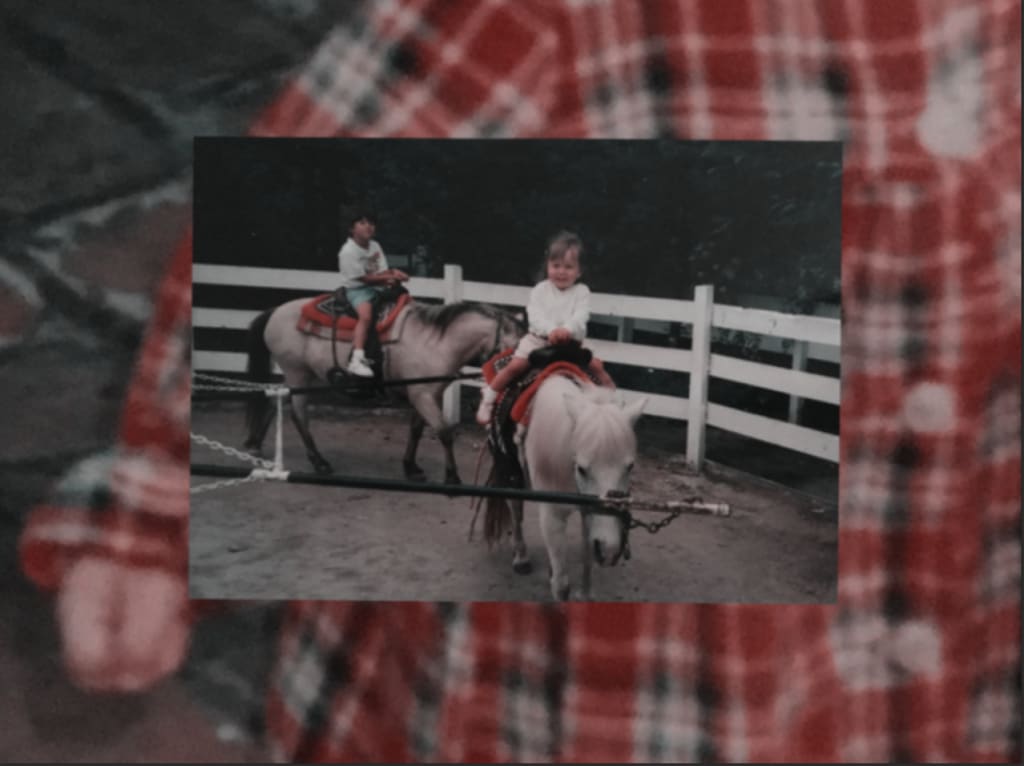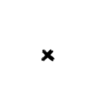
Warning: Parents, I am about to pour you a cup of my bitter tea. So if you’re easily bitter-ed, good. Keep reading this one is for you.
Allow me access to your imagination. Close your eyes and find your earliest memory as a child. Do you remember a time, at that age, when you got a glimpse of who you were meant to be (aka where you felt the most you)? Do you remember the first time you voiced it out loud or what response you got in return? Some of you reading this know immediately where I'm about to go but for those of you who are having a hard time reconnecting with your inner child, it’s okay. You need this the most.
Right now, buried deep down in shame and confusion, you probably know what it is that peaks/has piqued your curiosity (aka your passions). I often wonder as I engage in conversation with adults why so many of us are in positions and places that in no way reflect our core being. On top of that, wonder why we are unhappy, tired, and discouraged. As a child, before the world gets its hands on you, you are the most authentic version of yourself. My point to this being, you cannot hear your child without first hearing yourself.
Here we go. Pinky's up, parents.
Dear Mom and Dad,
Why, are you cultivating another YOU when your child is his/her/their very own unique creation? Why do you send your daughter to dance/cheerleading/ballet when she likes to skate and get her hands dirty out in the mud? Why, are you sending your son to a sports camp when they feel most in their element in theatre or around studies? Why are you belittling your little one's big dreams to something more "attainable". Why are you shoving them so far in your “perfect” box that they no longer see their very own light? Why are you projecting your shame out on your own child? (Now is the time to enter your very own personalized “why”).
I can already hear your response from across the computer. “Well, my life is already so stressful. I’m just doing the best I can.”, you say. I’m sure that you’re doing the best in the ways you know how to. But, simply put, do better. Dr. Rick Hanson, writer of From Shame to Self-Worth, addresses this topic much nicer than I feel I am able to. He writes, “Or maybe her caregivers ignore her signals, or continually misinterpret them, or simply have a kind of dismissive tone – “I’ll put up with you if you don’t ask too much of me” – or even punish her for expressing her needs at all: this sends messages, associated with negative feelings, of not mattering (and sometimes not even existing), of being outside the circle. As many such experiences get layered on top of each other, there is a growing sense of being unwanted, of lacking value.” Is it fair to say that if you truly “wanted what’s best for your child” that you should stop dismissing their individuality? How about verbally making sure that your child knows that THEIR needs are indeed a priority to you, Mrs. And Mr. #1 Support System?
Meet me in the middle here. If you are walking in a beautiful garden and spot a flower you wildly adore, would you pick it, take it home, and put it in a vase on your window ceil? Or, do you simply admire its beauty and water it daily as is in that natural garden? Love is not ownership. Love is not controlling. Love is not harming. Some of y’all out here need to reflect and sit with yourselves on how your conditioned ways of thinking are in fact actually harming your child.
Furthermore, Dr. Hanson continues by saying, “More commonly, a kind of bargain is struck, in which the child learns that as long as she walks inside certain lines – and inhibits certain forms of expressing her true self (her true needs, her true feelings, her true perceptions of her world) – then the supply train keeps coming and all is well. But step outside those lines and wham, it’s the chilly exile or the hot attack. Second, a child’s environment – both adults and peers – will praise certain qualities and behaviors and criticize or punish others. Those behaviors and qualities get associated with feelings of worth – or shame.” It’s important to emphasize the word shame. So many of us are operating from places of shame. Shame is a very primal emotion, so don't deepen your shame storm here.
My all-time favorite shame researcher (yes, they really do exist and thank God for it) Brené Brown, defines shame as “the intensely painful feeling or experience of believing that we are flawed and therefore unworthy of love and belonging – something we've experienced, done, or failed to do makes us unworthy of connection.” I conclude with this, Mom and Dad. I daringly ask for your bravery to love/accept yourself so wholeheartedly that you forgive and acknowledge your shame so you do not pass on those toxic and detrimental projections onto your child/future child.
Sincerely,
Rebecca Grigg
Life on Purpose Brand CEO






Comments
There are no comments for this story
Be the first to respond and start the conversation.